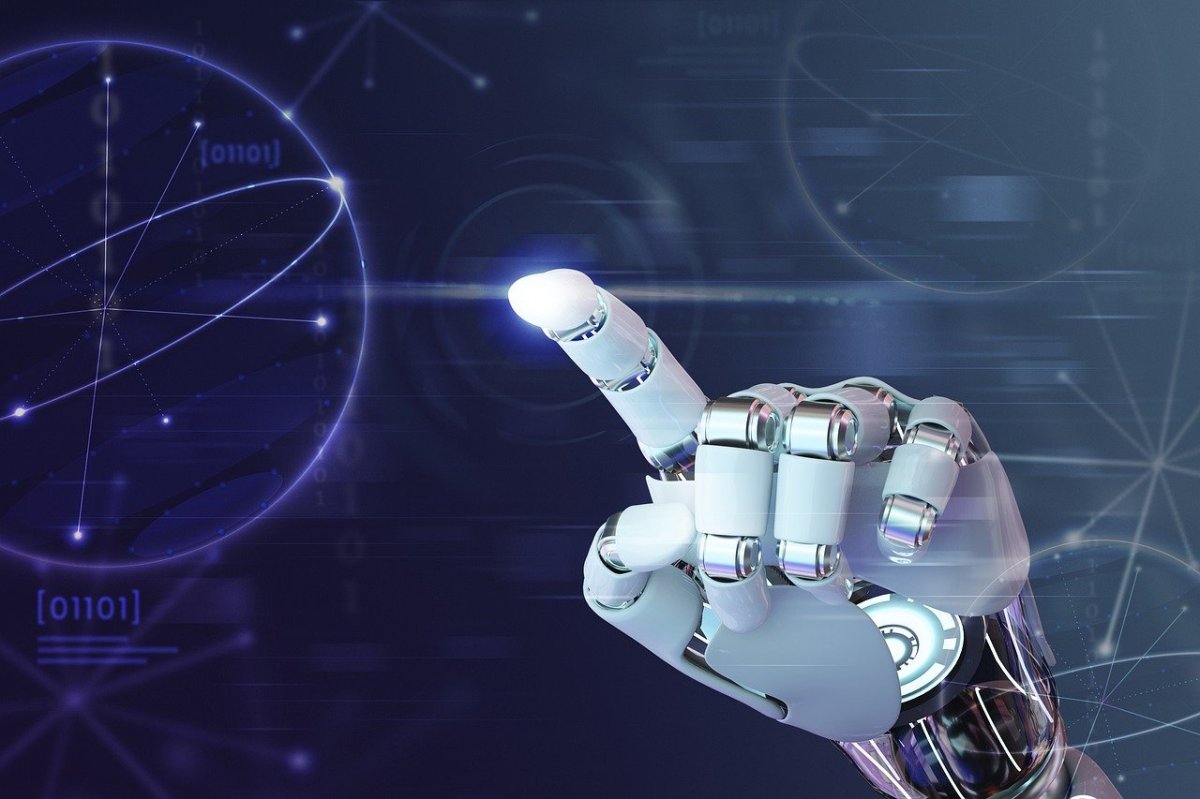UPDATE: Tuesday 9 September - Judge William Alsup condisered the settlement as “nowhere close to complete” and expressed his "disappointment" that "important questions" were left by the parties for the future, including the list of works covered by the deal and the processes of notifying potential class members. Such "critical choices will need to be confirmed well before 10 October before preliminary approval can be granted" he said. Otherwise, there is still the possibility of a trial in December.
Find more here
Friday 5 September - The widely expected settlement details on the case of AI firm Anthropic vs authors’ class action were filed .
Anthropic agreed to paying about $3,000 for each of an estimated 500,000 books covered by the settlement and destroying the data containing the allegedly pirated material.
If accepted by the US District Judge William Alsup, it will be “the first of its kind in the AI era”, said Justin Nelson, a lawyer of the authors.
The ruling of the case was widely expected as lawsuits of similar alleged copyright violations are pending, including big techs such as ChatGPT-maker OpenAI, Microsoft, and Instagram-parent Meta.
The lawsuit was filed in 2024 by mystery best-seller Andrea Bartz and non-fiction writers Charles Graeber and Kirk Wallace Johnson. The authors had turned to courts against Anthropic, claiming that their work was used without permission for the training of Claude AI model, leading to multi-billion gains for the AI firm.
In June 2025, Anthropic had appeared as winning the case when the US federal judge had ruled as “fair” and “transformative” the use of copyrighted books to train AI. However, the case was not dismissed as requested by the AI company, as the Judge ruled that the firm had created a “central library” of seven million pirated books, in order to train its AI models. Although the firm paid for the books later in the process, the court ruled for a next trial on the grounds of piracy, where the firm could have to pay damages of up to $150,000 per copyrighted book. The trial was expected for December 2025.
Find more here
Image by Christopher White from Pixabay - Free for use under the Pixabay Content License








